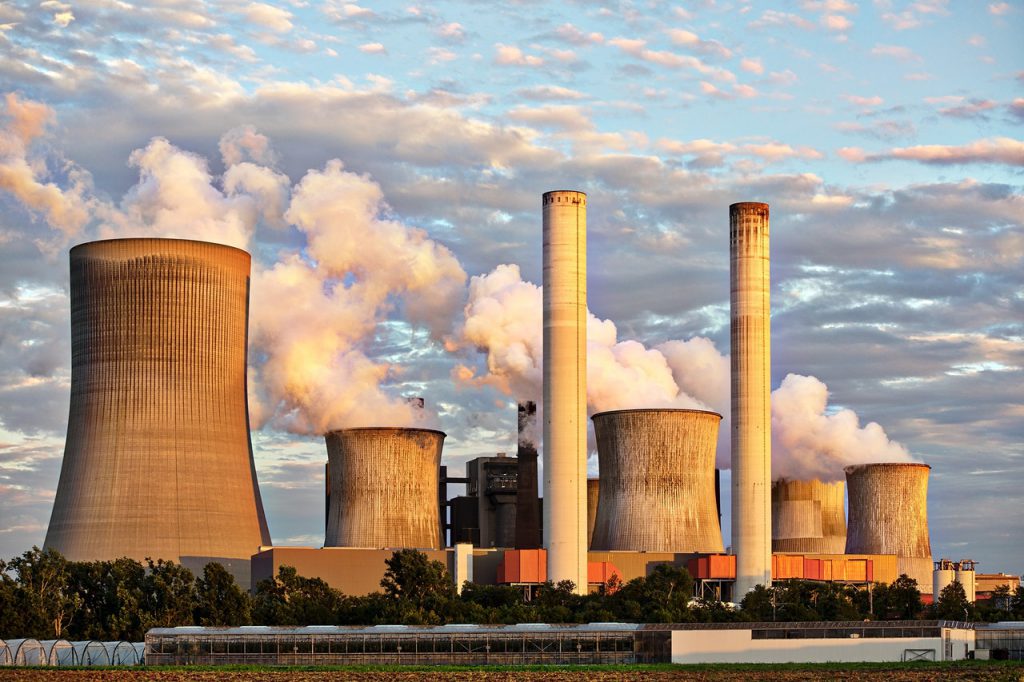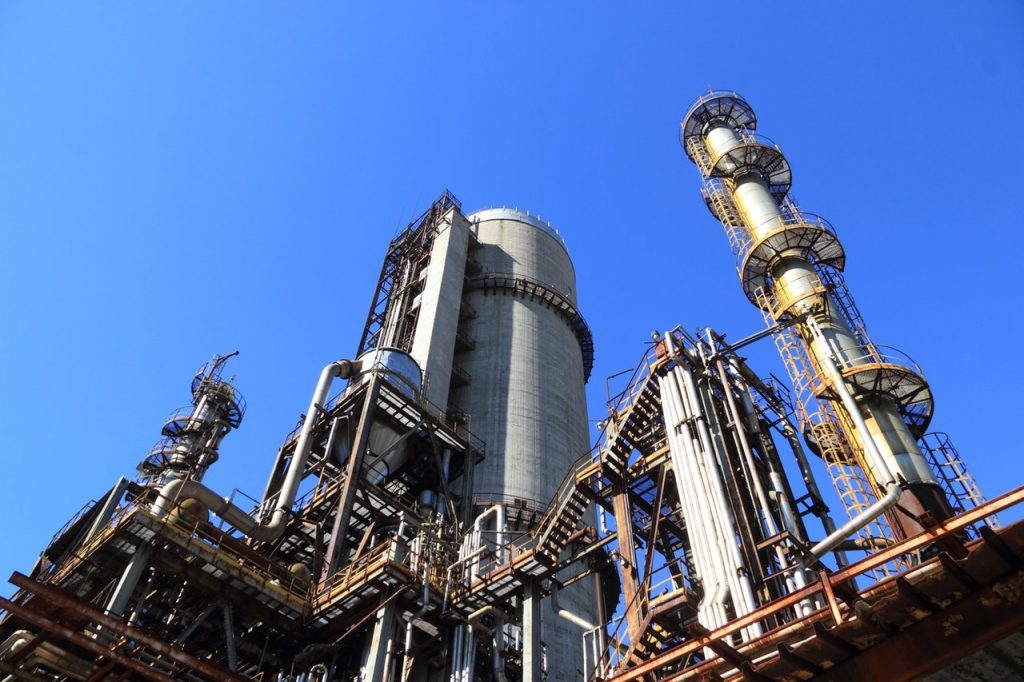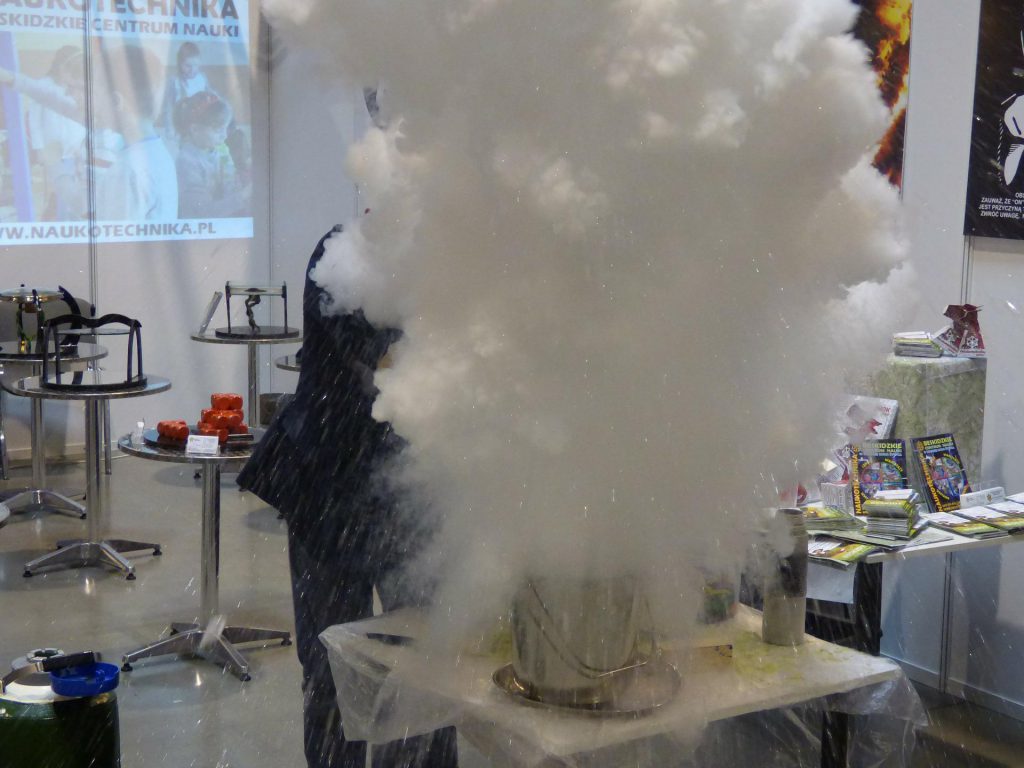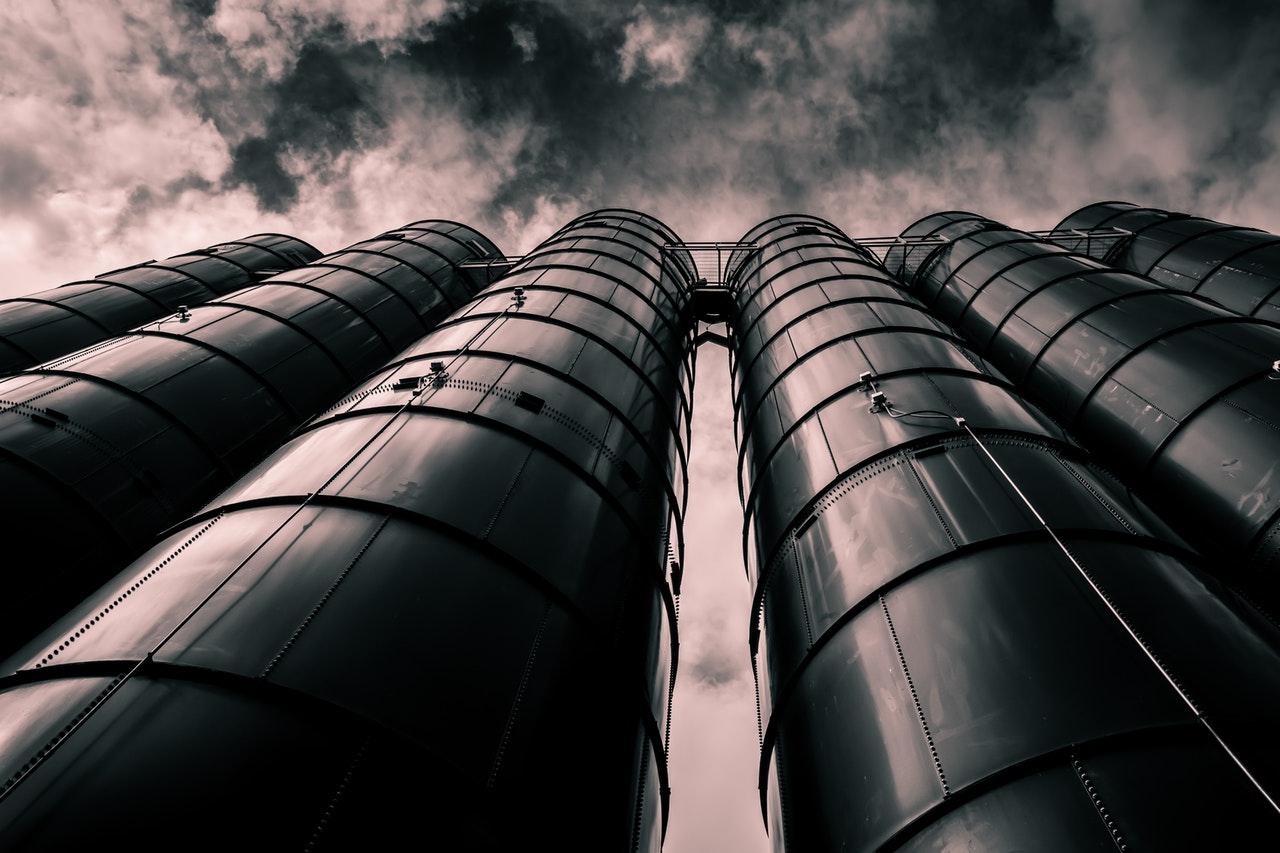Nitrogen is a gas with many different applications, ranging from food packaging to electronics production to mining. Many industries depend on nitrogen delivered in cylinders, but this is both costly and logistically difficult. Rather than rely on cylinder deliveries, nitrogen generators provide a cost-effective and sustainable way to create nitrogen gas on-site. Let’s take a closer look at nitrogen.

What is Nitrogen Gas?
The first time nitrogen was discovered was in 1772 by a Scottish physician. Nitre, or potassium nitrate, was a compound composed of nitrogen. As one of the lightest elements, nitrogen can join up with other elements, and its strong chemical bonds make it a highly efficient solvent. This makes it a common component in fertilizers and other agricultural products. Among other things, nitrogen is the building block of amino acids, proteins, nucleic acids, chlorophyll, and many other biomolecules.
Ammonia is the most common form of nitrogen. It is a negatively charged ion that can be converted by plants into nitrites and nitrates. The process of nitrogen fixation requires several steps and is known as nitrogen fixation. The result is a natural fertilizer called nitrogen. In a world that needs nitrogen, it is important to get it in the right form for it to be useful.
When generating nitrogen, a nitrogen generator is an alternative to buying cylinders and carrying them around. Nitrogen generators save industrial users from the hassle of handling nitrogen gas cylinders and ensure a continuous supply. By avoiding the hassle of carrying around the cylinders, nitrogen on-demand generation ensures a continuous supply of high-purity gas. So, if you’re looking for an alternative to cylinders, consider investing in a nitrogen generator.

How Are Nitrogen Generators Used?
Nitrogen generators are important to various industries. They can be used in a variety of processes, from pharmaceutical manufacturing to food and beverage processing. The inert gas they produce prevents adverse reactions and ensures product quality. They also help prevent chemical degradation and the growth of bacteria. In addition, nitrogen generators are used for various types of analytical chemistry, including gas chromatography and liquid chromatography-mass spectrometry.
A nitrogen generator can be operated without the assistance of a skilled technician or a technician. You simply need to connect the air compressor or central air supply to the nitrogen receiver, then plug in the power cord. A nitrogen generator needs to be installed in a well-ventilated room to avoid contamination. The membrane can be adjusted to the desired purity and flow rate. The membrane nitrogen generator is small in footprint and does not occupy much floor space. The filter needs to be replaced every five to ten years.

Final Words
Besides being environmentally friendly and cost-effective, on-site nitrogen generation technology has many advantages for industries. Its advantages include reduced waiting time, guaranteed purity, increased safety, and environmental friendliness. The best nitrogen generators are designed to separate air and nitrogen gas at high purity levels.
